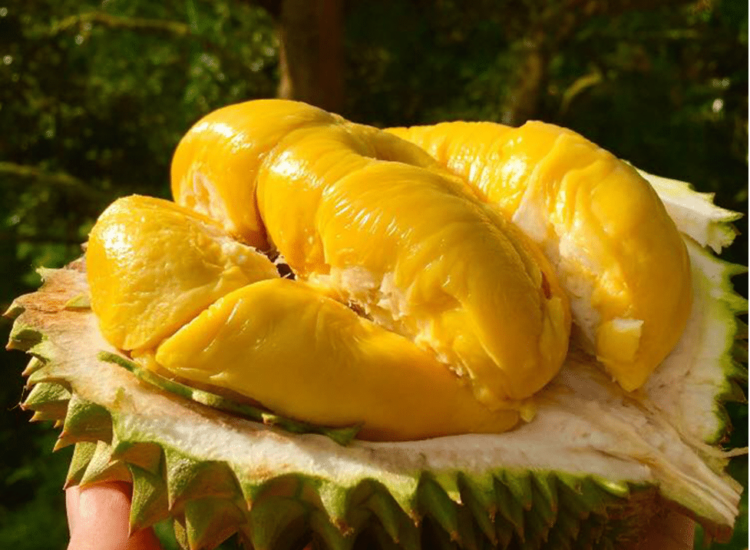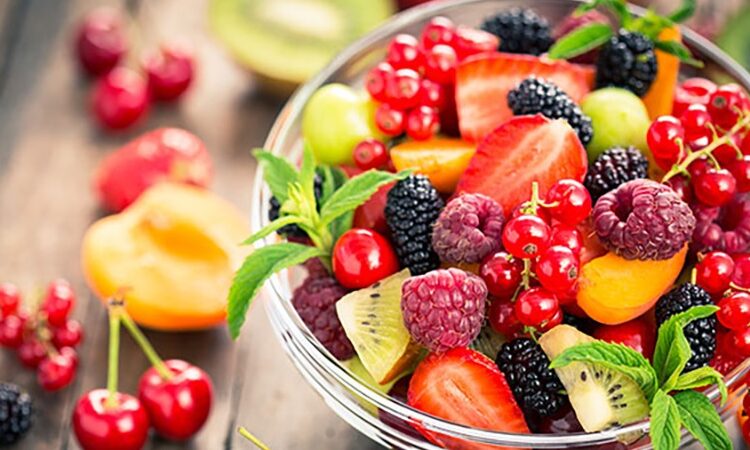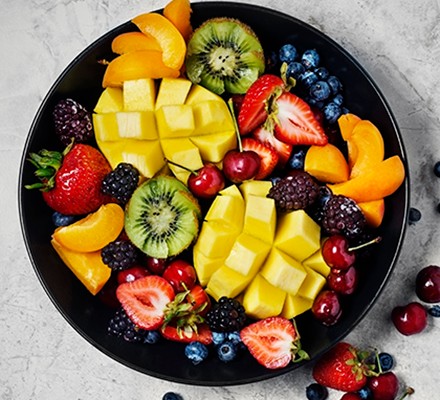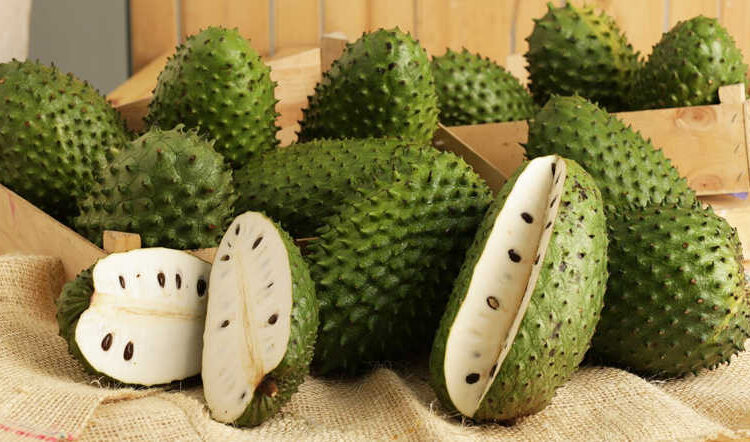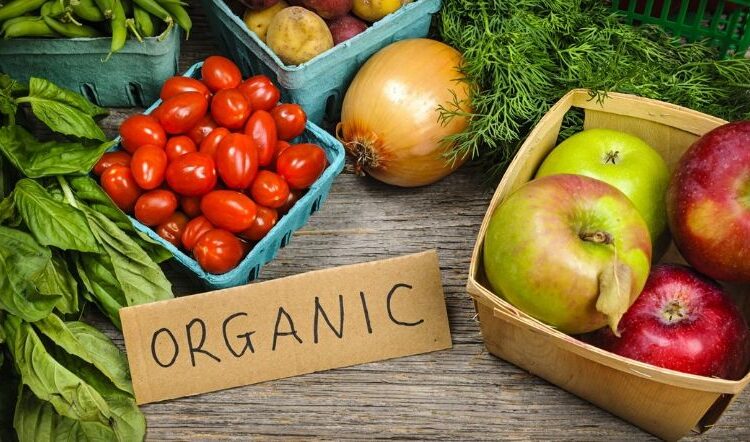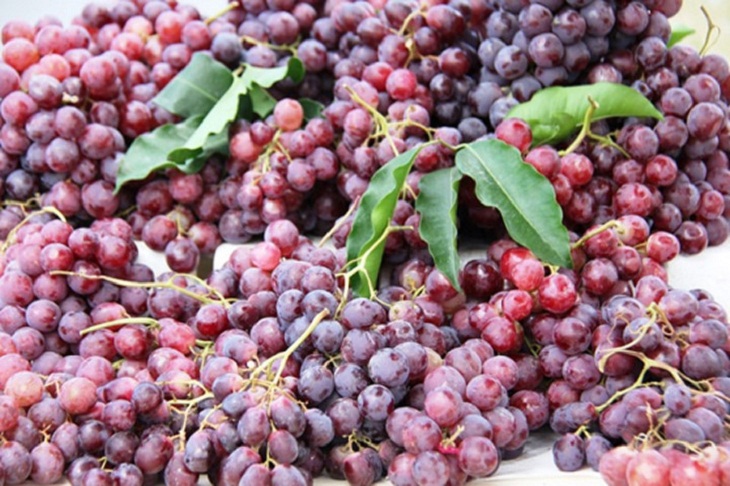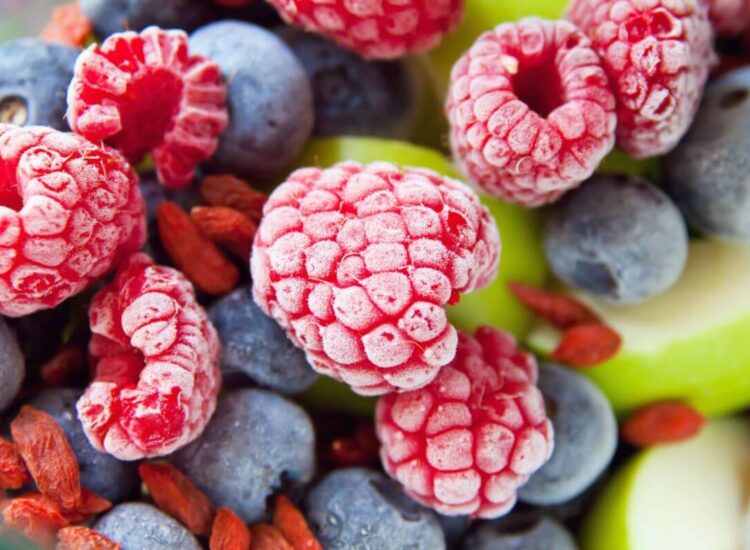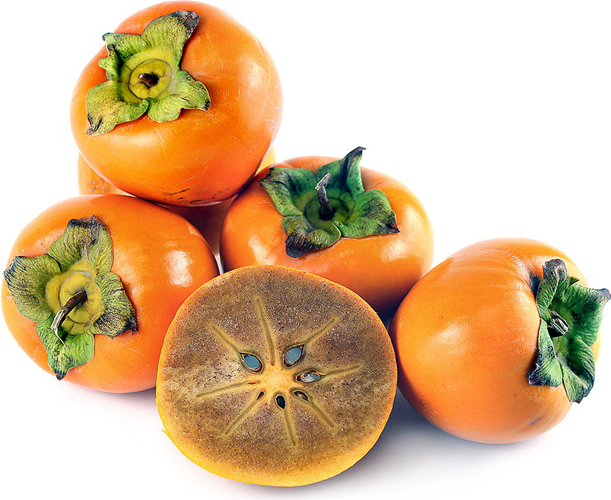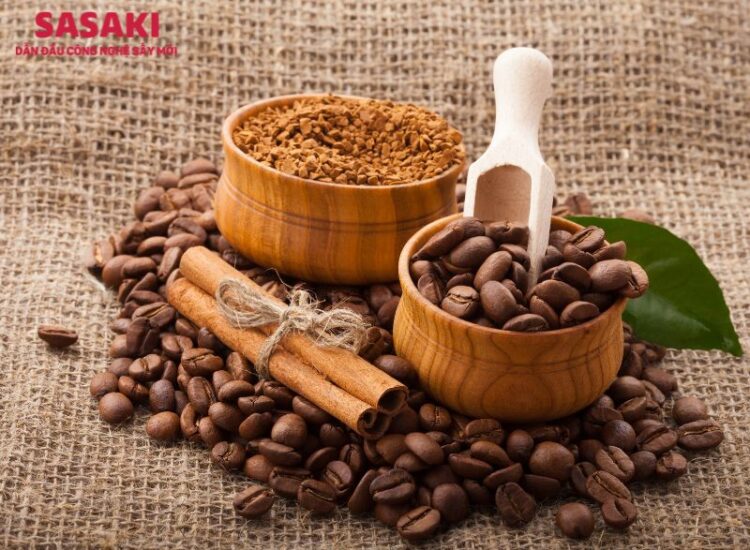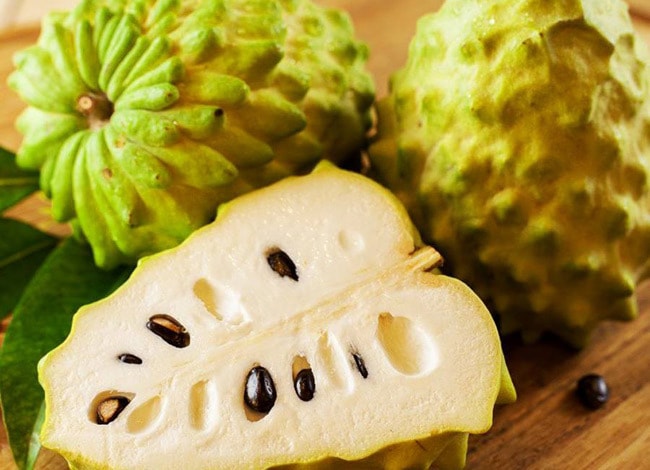Evening Edibles: Navigating the Nuances of Eating Fruit at Night
Introduction: The Great Evening Fruit Debate
The age-old adage “an apple a day keeps the doctor away” often encourages us to incorporate more fruit into our diets. However, when it comes to the timing of our fruit consumption, particularly in the evening, opinions can become divided. Some swear by a piece of fruit as a healthy after-dinner treat, while others believe it can hinder digestion, disrupt sleep, or even lead to weight gain. So, what’s the real scoop? Is it beneficial or detrimental to indulge in nature’s candy as the sun sets? This article aims to dissect the nuances of eating fruit in the evening, providing a comprehensive overview of the factors to consider so you can make informed choices that align with your individual health and wellness goals.
1. The Nutritional Benefits of Fruits: A General Overview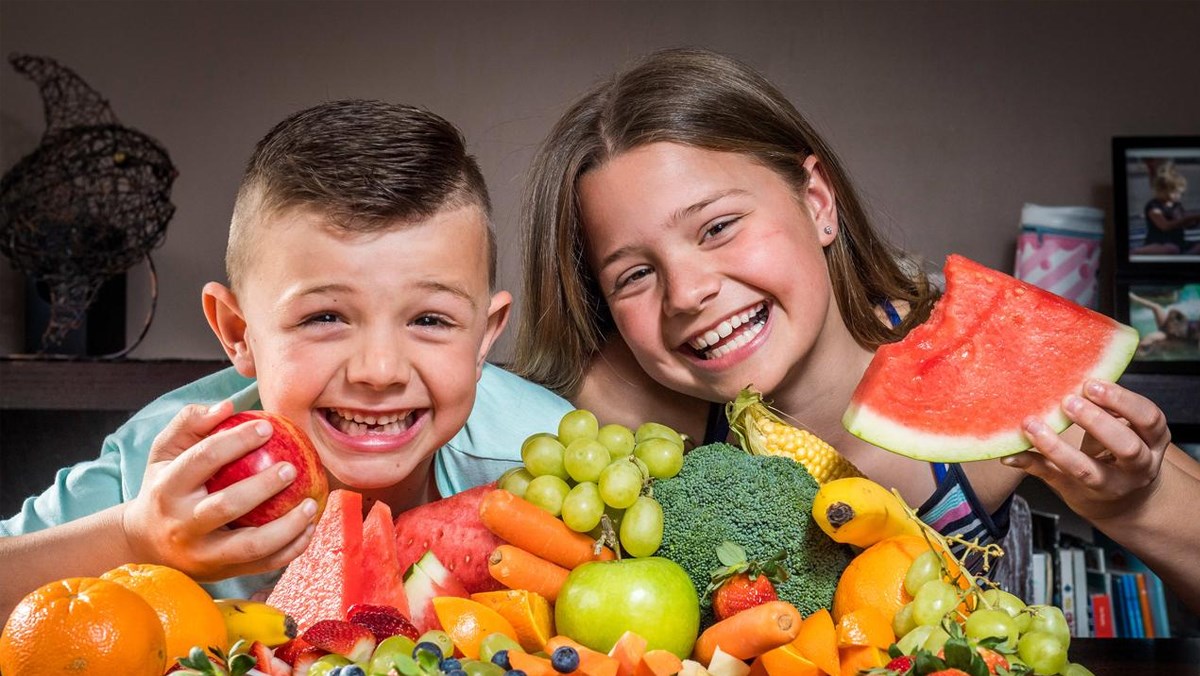
Regardless of the time of day, fruits are undeniably nutritional powerhouses. They are packed with essential vitamins, minerals, fiber, and antioxidants that play crucial roles in maintaining overall health. 1 From boosting our immune system with vitamin C to supporting healthy digestion with fiber, fruits offer a wide array of benefits. They are generally low in calories and fat, making them a healthy addition to most diets. Therefore, the question isn’t about whether fruits are good for you, but rather about whether consuming them specifically in the evening presents any unique considerations.
2. Sugar Content and Energy Levels: A Key Consideration for Evening Consumption
One of the primary concerns surrounding evening fruit consumption is its natural sugar content. Fruits contain fructose, a type of simple sugar. The argument often posed is that consuming sugary foods, even natural ones, close to bedtime can lead to a spike in blood sugar levels, providing a burst of energy that can interfere with sleep. Furthermore, some worry that this unused energy might contribute to weight gain over time.
While it’s true that fruits contain sugar, it’s important to consider the context. The sugar in whole fruits comes packaged with fiber, water, vitamins, and minerals, which slows down its absorption into the bloodstream compared to refined sugars found in processed foods. This means the blood sugar spike from a piece of fruit is generally less dramatic and sustained. However, individuals who are particularly sensitive to blood sugar fluctuations, such as those with diabetes or metabolic syndrome, might need to be more mindful of the type and quantity of fruit they consume in the evening.
3. Digestion and Timing: How Your Body Processes Fruit at Night
Related articles 01:
1. https://traicay350.com/co-bao-nhieu-loai-sau-rieng-dac-diem-cua-cac-loai-sau-rieng-la-gi/
3. https://traicay350.com/sweet-globe-va-autumn-crisp-2-dong-nho-xanh-ngon-va-cach-phan-biet/
4. https://traicay350.com/mang-cau-gai-co-tot-cho-ba-bau-khong-nhung-luu-y-quan-trong/
5. https://traicay350.com/thieu-mau-an-trai-cay-gi-cach-bo-sung-hoa-qua-vao-che-do-an/
Another common concern is that eating fruit in the evening might hinder digestion. The theory is that our metabolism slows down at night, making it harder for our bodies to properly digest food, leading to bloating, gas, or discomfort.
While our metabolic rate does slightly decrease during sleep, our digestive system continues to function. The idea that fruit digests much slower at night is largely a myth. In fact, fruits are relatively easy to digest due to their high water and fiber content. For most healthy individuals, eating fruit a few hours before bedtime shouldn’t pose significant digestive problems. However, those with pre-existing digestive issues, such as acid reflux or irritable bowel syndrome (IBS), might find that certain fruits, particularly those high in acidity, could exacerbate their symptoms if consumed too close to sleep.
4. Fruits That Might Be Better Choices for Evening
If you enjoy eating fruit in the evening and have no specific health concerns, some fruits might be better choices than others due to their lower sugar content or other properties that could potentially aid sleep.
- Berries (Strawberries, Blueberries, Raspberries, Blackberries): Berries are relatively low in sugar compared to other fruits and are packed with antioxidants. Their high fiber content can also promote satiety without causing a significant blood sugar spike.
- Melons (Watermelon, Cantaloupe, Honeydew): Melons are hydrating, low in calories, and have a moderate glycemic index. They are also relatively easy to digest, making them a refreshing evening snack.
- Peaches and Nectarines: These stone fruits offer a good source of vitamins and fiber without being excessively high in sugar.
- Pears: Pears are a good source of fiber and have a lower glycemic index than some other fruits.
- Cherries (especially Tart Cherries): Some research suggests that tart cherries contain melatonin, a hormone that regulates sleep. While the amount in cherries might be small, they could potentially have a mild sleep-promoting effect.
5. Fruits to Potentially Limit or Avoid in the Evening
Conversely, some fruits might be less ideal for evening consumption, particularly if you are sensitive to sugar or prone to digestive issues.
- High-Sugar Fruits (Mangoes, Bananas, Grapes, Cherries – Sweet Varieties): While still nutritious, these fruits have a higher sugar content and could potentially lead to a more significant blood sugar spike, potentially interfering with sleep in sensitive individuals.
- Citrus Fruits (Oranges, Grapefruits, Lemons, Limes): Citrus fruits are highly acidic, which could trigger acid reflux or heartburn in some people if consumed close to bedtime.
- Dried Fruits (Raisins, Dates, Apricots): While convenient and nutritious, dried fruits have a concentrated amount of sugar and calories compared to fresh fruits. They are best consumed in moderation and perhaps earlier in the day.
6. Individual Factors and Health Conditions: Tailoring Fruit Consumption to Your Needs
The best approach to eating fruit in the evening is highly individual and depends on various factors, including your overall health, dietary needs, and how your body responds to different foods.
- Individuals with Diabetes or Blood Sugar Issues: These individuals should be particularly mindful of the glycemic index and glycemic load of the fruits they consume in the evening. Lower-sugar options like berries might be preferable, and portion control is crucial.
- Individuals with Digestive Issues: Those prone to acid reflux or IBS might want to avoid acidic fruits like citrus or larger portions of any fruit close to bedtime.
- Athletes or Individuals with High Energy Needs: If you have a late-night workout or require sustained energy, a small portion of a higher-sugar fruit might be beneficial.
- Personal Tolerance: Ultimately, the best way to determine which fruits and how much you can comfortably eat in the evening is to pay attention to your body’s signals and adjust accordingly.
7. Portion Control: The Importance of Moderation, Even with Healthy Choices
Related articles 02:
1. https://traicay350.com/mam-ngu-qua-ngay-tet-bieu-tuong-dam-da-ban-sac-viet/
2. https://traicay350.com/le-nam-phi/
4. https://traicay350.com/bai-viet-mau/
5. https://traicay350.com/hoa-qua-huu-co-co-gia-tri-dinh-duong-gi-dac-biet/
Regardless of the type of fruit or the time of day, portion control is key. Even healthy foods consumed in excess can lead to weight gain over time. A typical serving of fruit is generally considered to be about one medium-sized piece, one cup of chopped fruit, or a small handful of berries. Being mindful of portion sizes when enjoying fruit in the evening can help prevent any potential negative effects related to sugar or calorie intake.
8. Timing Relative to Dinner: When is the Best Time to Enjoy Evening Fruit?
If you choose to eat fruit in the evening, the timing relative to your dinner can also play a role in how your body processes it. Generally, it’s recommended to allow at least a couple of hours between your main meal and your bedtime snack, including fruit. This allows your body sufficient time to digest the bulk of your dinner before you go to sleep. If you prefer to have fruit as a dessert after dinner, waiting at least 30 minutes to an hour might be beneficial for some individuals.
9. Debunking Common Myths: Separating Fact from Fiction about Evening Fruit
There are several persistent myths surrounding the consumption of fruit in the evening. One common misconception is that eating fruit at night will automatically lead to weight gain. This is an oversimplification. Weight gain is primarily determined by the overall balance of calories consumed versus calories burned over time, not solely by when you eat a particular food. Another myth is that fruit ferments in your stomach if eaten at night. This is also untrue. The digestive process continues regardless of the time of day.
10. Conclusion: Making Informed Choices About Evening Fruit Consumption
Ultimately, whether or not you should eat fruit in the evening depends on a variety of individual factors. For most healthy individuals, enjoying a moderate portion of fruit a few hours before bedtime is unlikely to cause significant problems and can even be a nutritious way to satisfy a sweet craving. However, those with specific health conditions, sensitivities to sugar, or digestive issues might need to be more selective about the type and timing of their evening fruit consumption. By understanding the potential benefits and drawbacks, listening to your body’s signals, and practicing moderation, you can make informed choices about incorporating fruit into your evening routine in a way that supports your overall health and well-being.

